Iran Ranks Second Worst Country Globally For Detention Of Writers
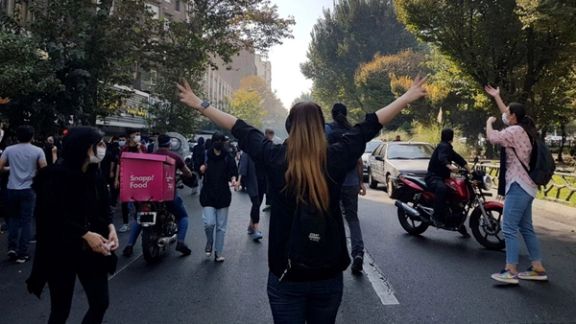
Worsened by revolutionary unrest, Iran jailed three times the number of writers in 2022 than 2021 as it cracked down on voices of dissent.

Worsened by revolutionary unrest, Iran jailed three times the number of writers in 2022 than 2021 as it cracked down on voices of dissent.
The findings, from PEN America’s latest Freedom To Write Index, puts Iran in second place globally, only beaten to the top spot by the dictatorship of China.
The crackdown on anti-government protests after the death in custody of 22-year-old Mahsa Amini in September led to the particular targeting of writers and artists alongside other cultural figures, celebrities and athletes.
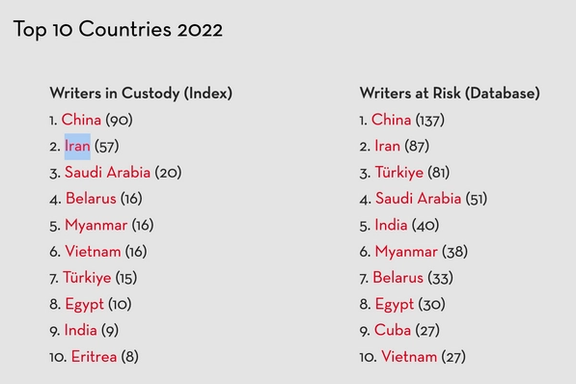
The numbers of those jailed rose from 22 in 2021 to 57, with one third of those behind bars now women, whose numbers rose from five to 16. The global study found that Iran jailed more than one-third of the total number of women writers jailed worldwide, 16 of 42 as the regime cracks down on the women led protests sparked by the death in custody of 22-year-old Mahsa Amini.
Some of the country’s leading voices have been severely punished, including Nasrin Sotoudeh, who was threatened with being returned to jail after speaking to or writing for international media outlets; author and activist Narges Mohammadi, who bravely continued to speak out from Evin prison; and writer Golrokh Ebrahimi Iraee, arrested in September.
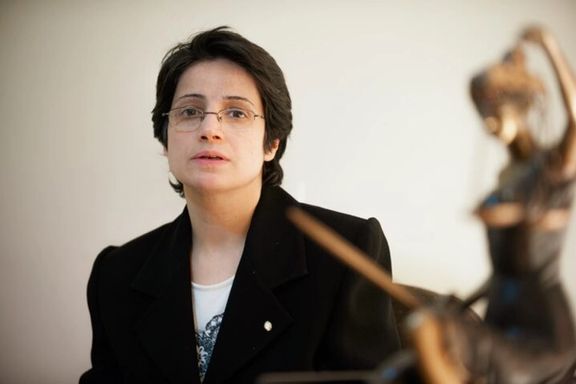
“Iran’s creative community—long at the forefront of fighting for free expression and human rights—was singled out as part of a broader crackdown on dissent in 2022,” said Karin Deutsch Karlekar, PEN America’s director of Free Expression at Risk Programs.
“Alongside the dozens of writers and artists detained, the harsh sentences handed down and custodial abuse faced by some prisoners were an attempt to warn others to keep silent.”
In 2022, 311 writers were jailed globally according to PEN America, whose database contains 813 active cases from over 80 countries of writers, poets, online commentators and journalists at risk for their writing.
Karlekar called on the United Nations Human Rights Council, Special Mandates, and newly-established Independent International Fact-finding Mission on the Islamic Republic of Iran to include a consistent focus on writers and artists in their investigations, reports, and public statements.
In its systematic targeting of writers, artists, and dissenting voices with arrest and detention, the Iranian government often deploys spurious charges based on national security or “propaganda against the state” to charge and sentence individuals. Some alleged “offenses,” such as mohrabeh, or “war against God,” potentially carry the death penalty.
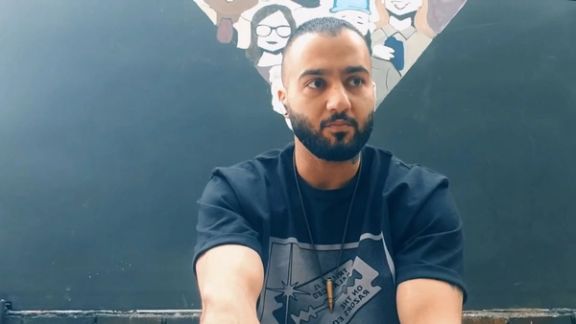
The government has also singled out artists and singers whose work was critical of ruling authorities and explicitly addressed either political or social themes, including rappers Saman Yasin and Toomaj Salehi, both arrested in October and charged with mohrabeh, or “enmity against God,”. Both men have undergone torture in custody.
Poet and filmmaker Baktash Abtin died a tragic and preventable death in custody on January 8, 2022, after authorities repeatedly refused to provide him needed medical care. Severe abuse was also recorded in the case of blogger Hossein Ronaghi, detained in late September, subjected to ill-treatment in custody and denied medical care.
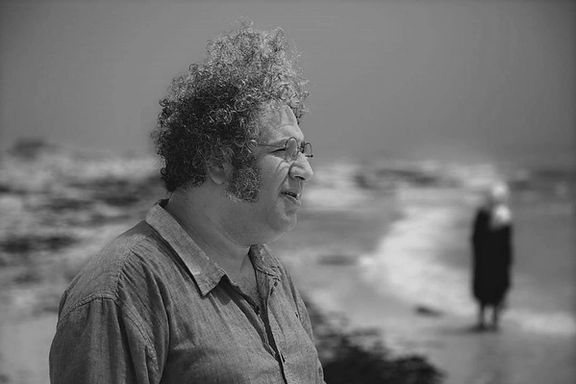
Shorter periods of detention have also been handed down to several dozen writers and poets supporting the protests, many of whom have also suffered torture and mistreatment in Iran’s brutal jails.
These have included the poet and theater director Amirhossein Barimani, literary writer and commentator Farshid Ghorbanpour, and poets Mona Borzouei, Behnaz Amani, Atefeh Chaharmahalian, Behrouz Yasemi and Saeed Heleichi.
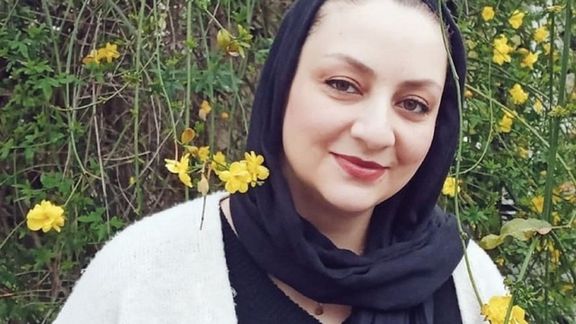
Writers advocating for ethnic or religious minority rights continue to be particularly targeted, including Kurdish language teacher and rights advocate Zahra Mohammadi, Kurdish researcher Mozghan Kavousi, and Bahai writer and poet Mahvash Sabet.
Since protests began in September, over 500 civilians have been killed by regime security forces with around 20,000 arrested. At least four executions have taken place for protesters and an unconfirmed number of many others sentenced to death for their role in the uprising.
Rights groups say executions last year rose by 75% on the previous year with at least 582 people put to death in 2022.